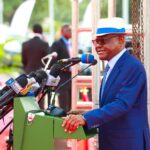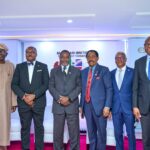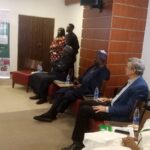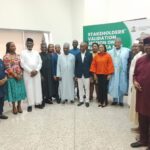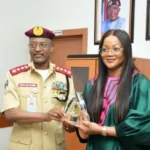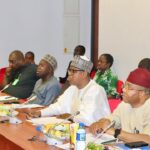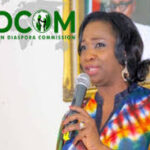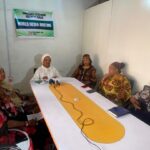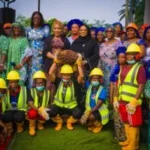Health organisation advocates better safety standards in workplaces
By Uchenna Eletuo The Society of Occupational and Environmental Health Physicians of Nigeria (SOEHPON), on Thursday, complained of neglect of occupational and environment safety standards in the workplace. It said this had caused many avoidable incidents that had resulted in loss of lives in Nigeria. The organisation said thatContinue Reading

